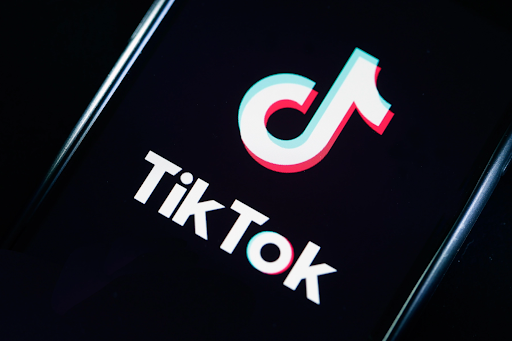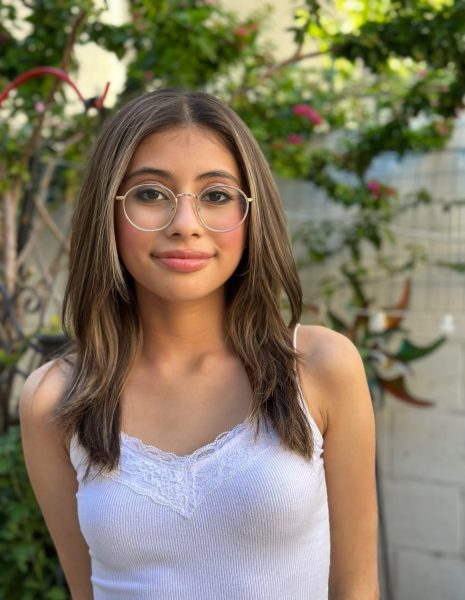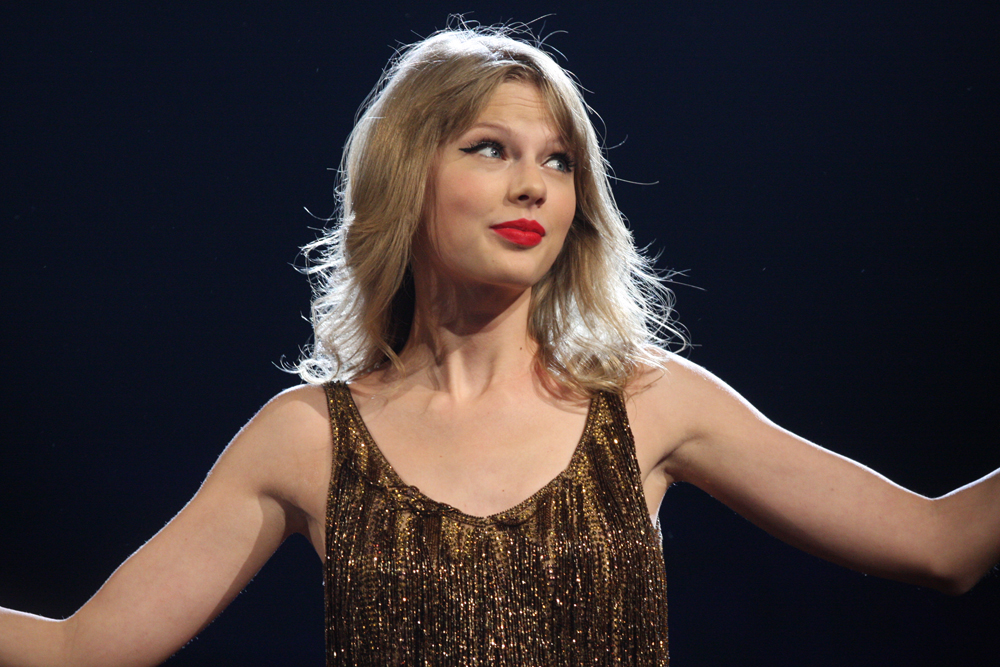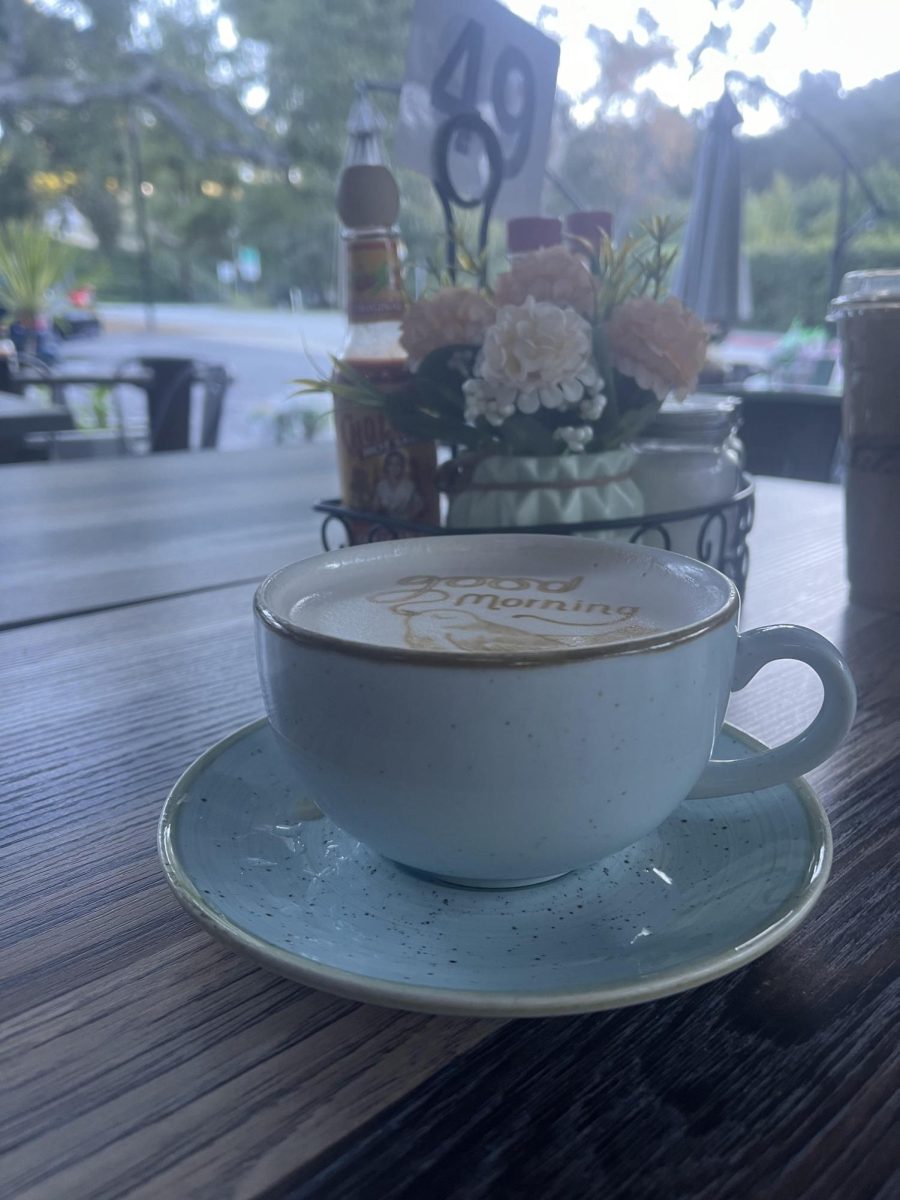Social media often has a positive impact on teens. However, because of this positivity, people often tend to ignore the negative impact that it has on young people.
As a teenager, I am obviously obsessed with social media, because it’s considered “normal” for somebody my age to feel this way.
I mean, it is normal right? Probably.
Everyone always talks about how they love social media, and it is so fun to use apps like TikTok or Instagram. I 100% agree with this sentiment, because I love looking at my friends’ lives and liking their photos.
But a lot of the images and messages that we see posted online are unfortunately heavily edited to make someone look nicer. Or they may include filters that erase people’s true flaws.
And why do people do this? Blame the social media beauty standard.
And what is the social media beauty standard? Well, it’s complicated…
It’s the understood idea on social media that you can’t be too pretty, but you also can’t be too ugly.
You can’t be too skinny, but of course, if you’re not skinny, then you’re fat. You must have curves, but not too many curves.
You can’t wear revealing clothing, because that means you’re promiscuous. But if you don’t show enough skin, then you’re insecure.
You can’t wear too much makeup, or else you’re a “cake face”. But if you don’t wear any makeup, then you don’t care about your appearance.
Boys also aren’t supposed to cry, because it makes them look fragile. But if they show no emotion at all, that means they have no heart
And of course, all boys have to be muscular, or else they’re considered weak.
In other words, you have to be perfect (but not too perfect) in order for people to like you.
Of course, these expectations are completely unrealistic! How do people expect teenagers to follow these ridiculous requirements?! We’re just kids!
Teenagers (generally) just want to hang out with their friends, think about their future and just enjoy life. These unrealistic standards are ruining social media, and they undermine all of the positive aspects that come from these platforms.
According to The New York Times, many teens feel negatively about their looks because of the different trends found on TikTok. A girl named Sara, who was interviewed about how social media affects her mental health, stated that seeing “[it] girls”, with small waists and flat stomachs, makes her question why she can’t also have a flawless physique herself.
Another teenager mentioned how he wishes that he had the charisma, or the muscular bodies, of men he has seen on TikTok, which makes him feel more self- conscious. At a later time, the boy had a post that went viral, and people in the comments section were making negative remarks about his lanky structure and lack of muscle.
As I mentioned before, social media can be extremely welcoming and beneficial for teens. A lot of people use social media platforms to reach out to other communities or to tell their own stories. An example of this is when someone talks about a feeling that is relatable to others, or when they share their personal stories of abuse, in order to inspire others to change or escape their own toxic situations.
About 4 billion people worldwide use social media platforms every day, and with such a large community, we can work together to prevent the insecurity experienced by both teens and adults. One strategy that we can try is to stop using filters to cover up our imperfections and embrace our flaws.
We can also boost each other up by complimenting each other, because a simple, “I love your shirt!” or “You’re so pretty!” can really make someone’s day. There are so many more examples of ways that we improve each other’s confidence and make each other feel incredible.
Social media doesn’t determine who you are as a person or your overall worth. Anyone and everyone is beautiful in their own way and worthy of being loved, despite what the internet might say.












